Nothing gets more technologically advanced than this occupation. Starting with basic knowledge of electronic industry standards, connectors, fittings, crimping and soldering, these technicians move on to work on the most complex systems in aviation and aerospace. Electrical/Electronic/Instrument Component Technicians maintain, overhaul and test electrically powered equipment and systems. At ease with circuitry diagrams, precision testing equipment, components and wiring, these technicians work with patience, determination and attention to detail. They develop expertise in warning systems, flight recorders, heating and cooling systems, digital communications instruments, flight-control panels and computers, generators, alternators, actuators, servos, motors, pumps and voltage regulators.
Electrical/Electronic/Instrument Component Technicians work with integrated lighting systems, air conditioning, cabin pressurization and GPS navigation systems, tracking systems, fire/smoke sensors, RADAR, and the most sophisticated communication and broadcast technology available. In a shop environment they may perform inspection, troubleshooting, and repair of components such as clocks, radio equipment, flight control instruments, and collision avoidance system components. They are also responsible for ensuring quality and perform in-process and final inspections. This is a high-tech career with constant challenges and limitless possibilities.
Career Pathway
- Completion of Secondary School (required)
- Completion of an Avionics or electronics program at a college or approved training organization
- Training in electrical/electronic systems, bench testing, software fault detection, and digital instruments (required)
- In-house training (may be available)
- Type-specific repair procedures (acquired on-the-job)
- Get CCAA Certification (an asset)
Other Requirements:
- Excellent communication skills
- Troubleshooting skills
- Attention to detail, patience
- Ability to collaborate and cooperate with others & meet deadlines

